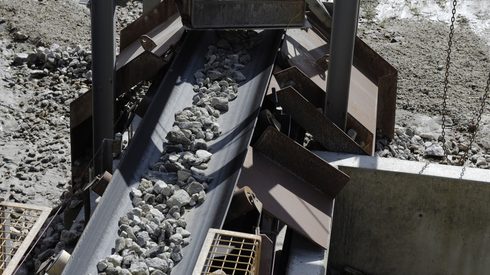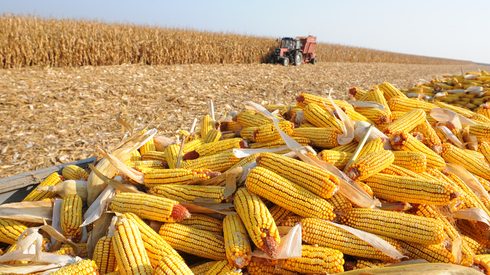Nearly 600 Paraguayan lorries transporting soybeans and bean derivatives have been stuck at the border with Brazil for nearly two weeks as red tape delays transit across the border, according to Paraguayan press reports.
Paraguayan grain chambers are urging Brazilian authorities to cut through the bureaucracy, issue permits and bolster staff at customs offices along the border to allow the passage of the lorries.
The head of Paraguay’s grain chamber Capeco, Hugo Pastore, said that local exporters have been relying on lorries to export soybeans, corn and derivatives to Brazil due to the low water levels in the Parana river.
Pastore said that they asked Brazilian authorities if it would be possible to form convoys of up to 100 lorries in order to accelerate the process.
Meanwhile, Paraguay’s grain and oilseed crushing chamber Cappro said in a statement that it had already urged Paraguayan officials to intervene in the conflict with the aim of finding a solution.
Paraguay has exported 6.19 million mt of soybeans between January and October 2020, a 31% increase compared with the 4.72 million mt exported in the same period of 2019, according to data from the country’s Central Bank.
Paraguay’s soybean exports to Brazil also grew 636.5% year-on-year in the January-October period, reflecting strong Brazilian demand for domestic consumption and crushing due to the huge export volumes sent from Brazil to China.
Brazil imported a total of 653,100 mt of soybeans from Paraguay over the period, experiencing a huge surge from the 88,700 mt in the same period of 2019.





